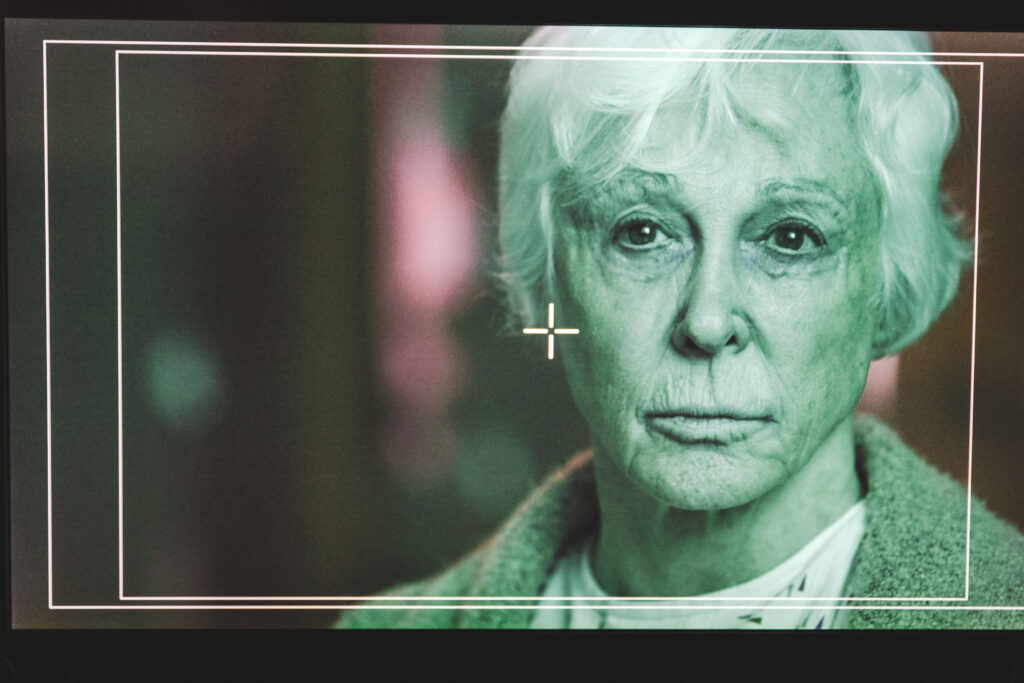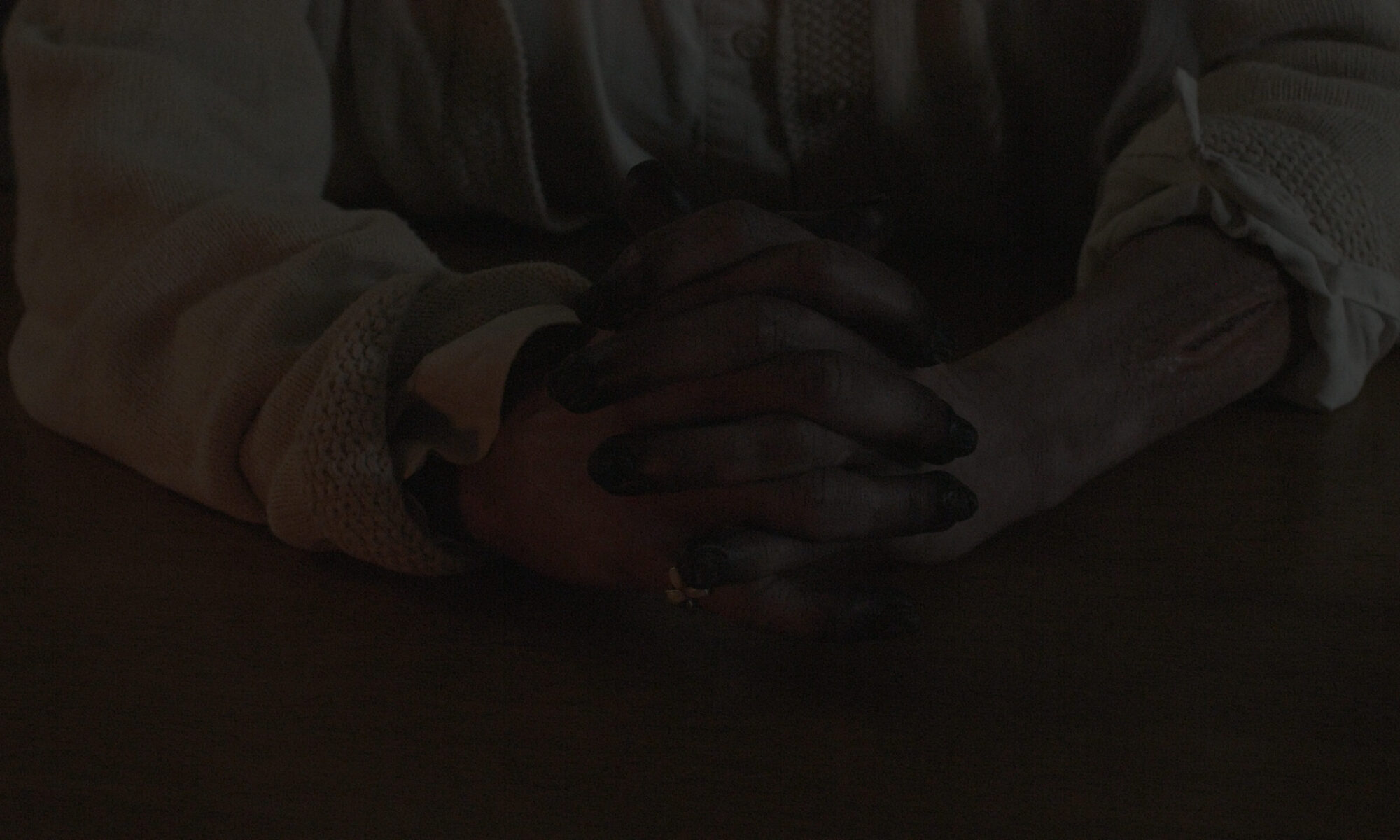
“Oma, it’s me.” I catch her off guard. There’s no recognition in her expression even though we made plans on the phone less than an hour ago. My heart sinks and rather than be sad that she’s losing her memory and her sense of self, I grieve my own perceived distortions: I’ve gained weight and my hair is dyed blonde to cover the grays that have been popping up for years. Oma doesn’t remember me and I internalize my personal failure to stay the same. Oma doesn’t recognize me and it hurts because I don’t recognize myself these days.
She lets me in anyway. She sees the takeout boxes I’m carrying and insists that they already brought dinner – she’s in the middle of eating right now. There’s food on her shirt and her face, something that would bother her a lot if she noticed. I get a plate and sit down at her tiny table. I ask her if she wants any and she refuses – she’s stuffed. But a couple minutes later she serves herself a huge plate and eats it all. I know she forgot she already ate and I wonder if she forgets to eat too – nobody is here to remind her.
When I’m home visiting from Texas, I tell Oma that I want to move back to Seattle and take care of her. She skoffs and tells me it’s a waste of time before she considers my offer seriously, but she doesn’t respond. She’s 86, living alone, and losing her independence is intolerable and inevitable. I feel like I don’t know her and I want to, before it’s too late. A year later I slowly transition to staying over most days and nights. I do laundry, I cook, I paint her nails. My partner fixes her car and teaches her how to use email every other night. We get a dog who covers Oma in slobbery kisses and does tricks for treats. And, Oma tells us about her life. She talks about the grandfather that I never met, about the war, and the camps, tells me about her mother, her brother, her childhood dog. She’s not an easy person to get to know, but most things that are worthwhile take work – I know this.
As Oma’s memory and her abilities decline, her three story house becomes a prison. I do the shopping, I invite her neighbors over, I bring her coffee. She can’t go upstairs or down to the basement, can’t really even go into the yard. My uncle decides its time for her to move into a retirement community. I hate it, it’s not what she would have wanted, but it’s not up to me. It’s not up to her either.
Years earlier, on a walk with Oma, I’m crying about my dog Ewok that I had to put to sleep. I’m embarrassed. It feels wrong to be this sad for a dog in front of a woman who lost her entire family in the Holocaust, watched countless people be murdered in front of her, lost her husband. Oma doesn’t console me but says simply “they don’t do that for humans” and I realize she’s jealous of Ewok, resentful of the dignified death he gets. She’s scared to get old, she’s never watched anyone else do it. After months of isolation and a horrible vaccination reaction, Oma refuses food for the first time in her life. She passes away days later. I’m relieved and I’m sad and I miss her and I hate that she left this world the way she did.
